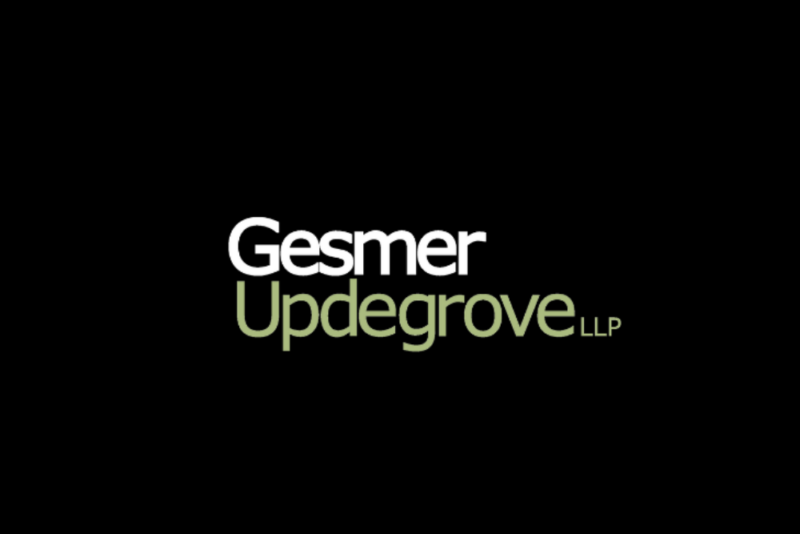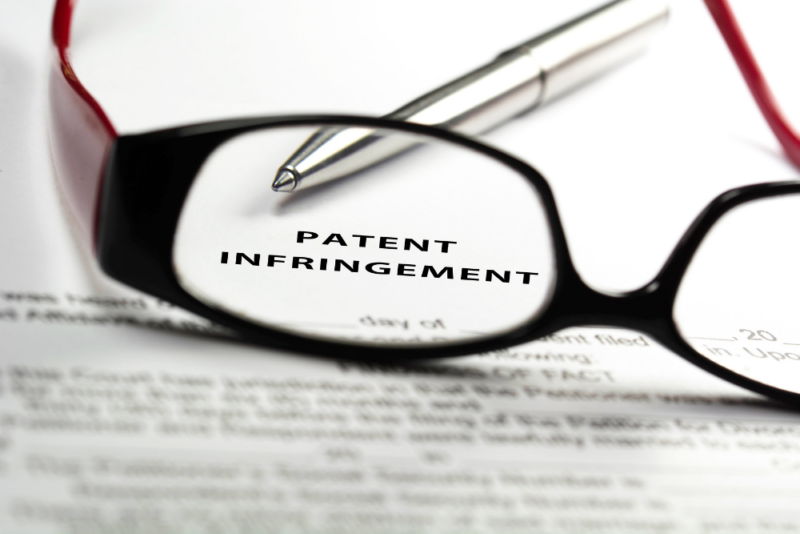Thirteen months ago, the Bureau of Industry and Security (“BIS”) added Huawei and scores
of its affiliates to the Entity List, thereby barring U.S. companies from disclosing many types of technology to those companies (collectively, “Huawei”) without a special BIS license. Since technology disclosure is a necessary element of standards development, this placed the over 400 standards setting
organizations (“SSOs”) in which Huawei participated in the position of deciding whether or not Huawei could be allowed to continue to participate. Unfortunately, it was very unclear what an SSO would need to do to fall within existing, but orthogonal, exceptions to the no-disclosure rule. A doubtless unintended consequence was that some SSOs decided they were compliant, and some concerned U.S. companies concluded otherwise, thereby allowing Huawei to continue to influence key 5G standards while their more conservative U.S. counterparts self-isolated.
Yesterday, the Department pre-released an Interim Final Rule that would allow U.S. companies to join (or rejoin) 5G working groups where Huawei was also a participant provided that the SSOs in question met certain definitions. That’s good news, because SSOs now have far clearer guidance on what they may need to do to host Huawei and U.S. companies alike. The bad news is that the Department used a benchmark for compliance that was created decades ago for a
far different purpose. The current need was
simply to define what an SSO needed to do
to meet the requirement that U.S. technology be “published” rather than disclosed confidentially. But the benchmark the Department
chose was the one established under Office
of Management and Budget Circular A-119 –
a set of rules created to guide government
agencies in their procurement activities.
The Circular does include elements relating to transparency that are relevant to the policy objectives at hand. But it also includes multiple requirements that have due process goals that are irrelevant to current concerns.
By importing the entire definitions of “voluntary consensus standards bodies” and “standard” from the Circular, the Department has gone much farther than necessary, and would burden SSOs with adopting detailed appeals processes, require a balance of stakeholders in working groups, and more to the extent their processes do not already include these elements. The full text of the Circular requirements appear at the end of this Alert.
You can read about this new development in greater detail on ConsortiumInfo.
The new regulation has been issued in “interim final” form, meaning that instead of being posted for comments before its effective date, comments will be taken afterwards and used as the basis for amendments which would be made in the near future. We plan to file comments during the period allowed advocating for a pull-back from the full OMB Circular A-119 requirements, and would welcome the support of any clients or other SSOs that would wish to be named as asking for similar relief.
Please let us know if you are interested in meeting the OMB A-119 requirements in order to safely admit Huawei to full participation and we will send you a copy of a detailed memo describing the necessary process elements needed to qualify.
The key element of the Circular for current purposes is the definition of “voluntary consensus standards body,” which reads as follows:
“Voluntary consensus standards body” is a
type of association, organization, or technical society that plans, develops, establishes,
or coordinates voluntary consensus standards
using a voluntary consensus standards development process that includes the following
attributes or elements:
(i) Openness:
The procedures or processes used are open to interested parties. Such parties are provided meaningful
opportunities to participate in standards development on a non-discriminatory basis. The procedures or processes for participating in standards development and for developing the standard are transparent.
(ii) Balance:
The standards development process should be balanced. Specifically, there should be meaningful involvement from a broad range of parties, with no single interest dominating the decision-making.
(iii) Due process:
Due process shall include documented and publically available policies and procedures, adequate notice of meetings and standards development, sufficient time to review drafts and prepare views and objections, access to views and objections of other participants, and a fair and impartial process for resolving conflicting views.
(iv) Appeals process:
An appeals process shall be available for the impartial handling of procedural appeals.
(v) Consensus:
Consensus is defined as general agreement, but not necessarily unanimity. During the development of consensus, comments and objections are considered using fair, impartial, open, and transparent
processes.
Meet the Author
Check Out Our Latest Publications
- How to Find Angel Investors for Early-Stage Scaling Companies

- CORPORATE TRANSPARENCY ACT UPDATE: NATIONWIDE INJUNCTION IN EFFECT AGAIN; ALL FILING DEADLINES SUSPENDED

- CORPORATE TRANSPARENCY ACT UPDATE: FIFTH CIRCUIT LIFTS NATIONWIDE PRELIMINARY INJUNCTION – FINCEN EXTENDS FILING DEADLINES

- CLIENT ALERT: Federal Court Enjoins CTA Enforcement; Jan 1 Deadline Stayed

- Client Update: US Corporate Transparency Act Reports Due By Year-End

- Are Statutory Changes Coming to the Common Law Experimental Use Exception to Patent Infringement?

